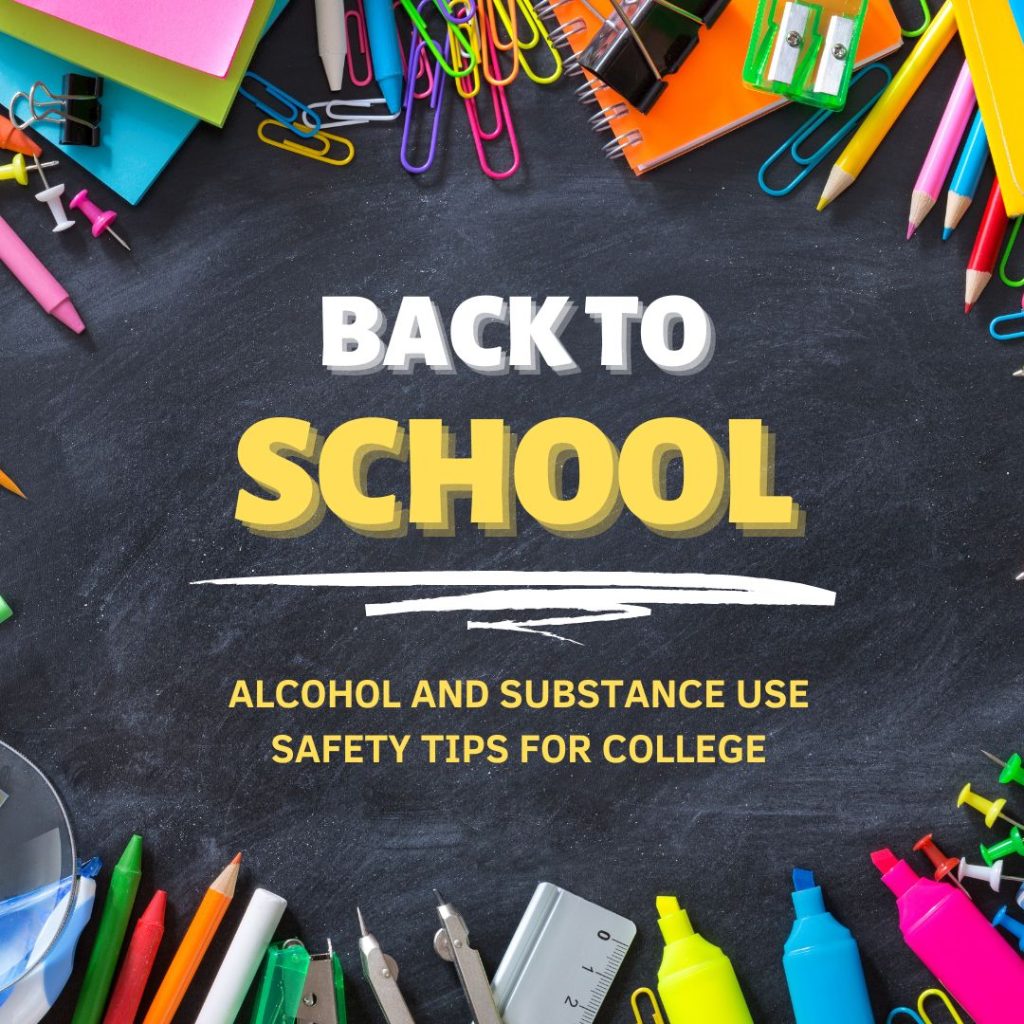Back to School Safety Tips for College Students
in Local Events, Local News, Massachusetts News, National News

Being educated on drinking responsibly at college is crucial for several reasons. Specifically, it helps students make informed decisions about alcohol consumption, reducing the risk of alcohol poisoning, accidents, and other health-related issues. Responsible drinking education also promotes a safer campus environment by minimizing incidents of violence, sexual assault, and property damage often linked to excessive drinking. Understanding the effects of alcohol can help students maintain their academic performance and personal relationships, as excessive drinking can lead to missed classes, poor grades, and strained friendships. Overall, responsible drinking education empowers students to enjoy their college experience while prioritizing their well-being and safety.
While much of the focus on college drinking is on its negative impacts, there are some positive trends and statistics worth noting. Many colleges have implemented successful alcohol education programs that have led to a decrease in binge drinking rates.
Statistics:
- According to the National Institute on Alcohol Abuse and Alcoholism (NIAAA), some colleges have reported a reduction in binge drinking by up to 20% due to these initiatives.
- A survey by the American College Health Association found that about 20% of college students reported not drinking alcohol in the past month.
- According to the 2022 National Survey on Drug Use and Health (NSDUH), 51% of full-time college students aged 18 to 22 reported not drinking alcohol in the past month and 71.1% reported not engaging in binge drinking during this time frame as well.
Peer Pressure:
 Navigating peer pressure in college can be challenging, but there are effective strategies to help you stay true to your values and make healthy choices. Here are some tips:
Navigating peer pressure in college can be challenging, but there are effective strategies to help you stay true to your values and make healthy choices. Here are some tips:
- Be Confident in Your Decision: Firmly and politely say “no” without feeling the need to justify your choice. Confidence can deter further pressure.
- Surround Yourself with Like-Minded Friends: Find friends who share your values and support your decisions. It’s easier to resist peer pressure when you’re not alone.
- Plan Ahead: Think about how you’ll handle situations where you might be offered substances. Having a plan can make it easier to stick to your decision.
- Suggest Alternatives: Propose other activities that don’t involve alcohol or drugs, like going to a movie, playing sports, or having a game night.
- Know Your Limits: If you choose to drink, set clear limits for yourself and stick to them. Know how much is too much for you.
- Seek Support: If you’re struggling with peer pressure, talk to a trusted friend, family member, or counselor. They can offer support and advice.
- Stay Busy: Engage in clubs, sports, or other activities that keep you occupied and away from situations where peer pressure might occur.
